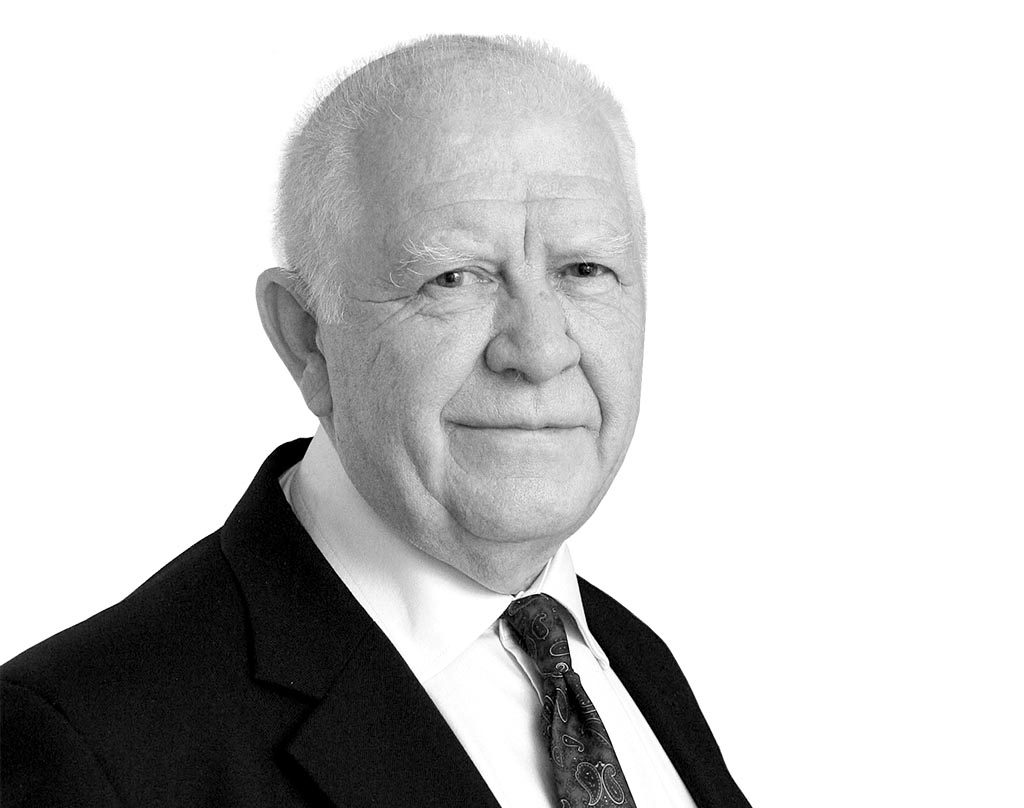The EU has pretensions to being a military force and although it says otherwise it seems to seek to undermine NATO, because of its empire building pretensions.
The European Defence Community (EDC) was an early idea by the original European Community members that failed as it was not ratified by France. The result was the later establishment of NATO which most commentators will assess as a success in the Cold War confrontation.
The EU has recently set up its own rival organisation called the European Defence Agency (EDA), a sort of successor to the EDC which has an annual administrative budget of about EUR 39 million. This is the latest ’stepping stone’ to federalism and is stated to be in the field of crisis management.
Many of us remember the useless performance of the EU at the time of Yugoslav aggression against Slovenia and Croatia. We remember the statement by the troika at that time that the crisis was the ‘hour of Europe’.
This is the hour of Europe, not the hour of the Americans. If one problem can be solved by the Europeans, it is the Yugoslav problem. This is a European country, and it is not up to the Americans. It is not up to anyone else.
—Jacques Poos, foreign minister of Luxembourg and chair of the EC Council of Foreign Ministers
There was a joke at the time that the Serbs knew where to aim the guns by the position of the white peace-keeper vehicles and their passengers in white pyjamas. There were so many cease-fires that everyone lost count and soon learned that ‘cease-fire’ to the Serbs did not mean peace but a chance to re-group. Eventually NATO had to come in with its professional approach and American infrastructure.
Nothing much has really changed since 1991 and I wonder how many readers know that the EDA comes under the European External Action Service (EEAS) which is the diplomatic service and combined foreign and defence ministry of the European Union. This has a Secretary General, three deputies, and six managing Directors, a Director General EU Military Staff and two other Directors. All no doubt highly paid with large staffs and expense accounts, and a total staff of about 1,100. They are as good bureaucrats busily creating work for themselves as tasks are removed from national government embassies, but of course they do not help EU citizens in foreign countries that is left to the lower ranks of national embassies. It seems that the EEAS is a diplomatic service for Brussels bureaucrats.
If we consider the defence and foreign policy of the EU it is a mess. In fact a Belgian minister called the EU ‘an economic giant, a political pygmy and a military worm’. As with many things the EU just postures.
Just ask questions on the military front such as did it have any effect on the invasion of the Crimea, or what is the EU doing about Armenia and Azerbaijan, or Turkey’s middle east adventures, or supporting democracy in Hong Kong, or confronting Iran. France, as always, pursues its own policies including a subtle undermining of NATO so that Macron could say NATO is ‘brain dead’. What does the EU say and do about France’s interventionism in Africa and other scenes such as the Lebanon? What is the policy as regards Belarus and the Nordstream 2 pipeline that will undermine the energy security of Poland and Ukraine. Germany, as always, only thinks of its pockets. No doubt it will propose meaningless sanctions over the Navalny affair.
The Baltic states who have much to fear from Russia do not forget the cyber attack on Estonia and now have NATO forces deployed there. They also remember the Minsk meeting of Putin, Merkel and Hollande which effectively did nothing and ultimately seemed to rubber stamp Russia’s actions.
The Baltic states have learned not to rely on the EU for defence. The pretensions and ambitions for an EU army (and Navy and Air Force) are confused not least by three members of the EU being officially neutral and Germany constrained by its reunification treaty with Russia.
There is of course the very poor support of NATO by many countries, Slovenia included, who do not pay their agreed portion of national budgets for defence. Countries like to rely on NATO and criticise the US at the same time.
As for the diplomatic service of the EU it is difficult to see what benefits it brings; why are they not helping with the border question with Croatia; perhaps such problems are beneath them!
